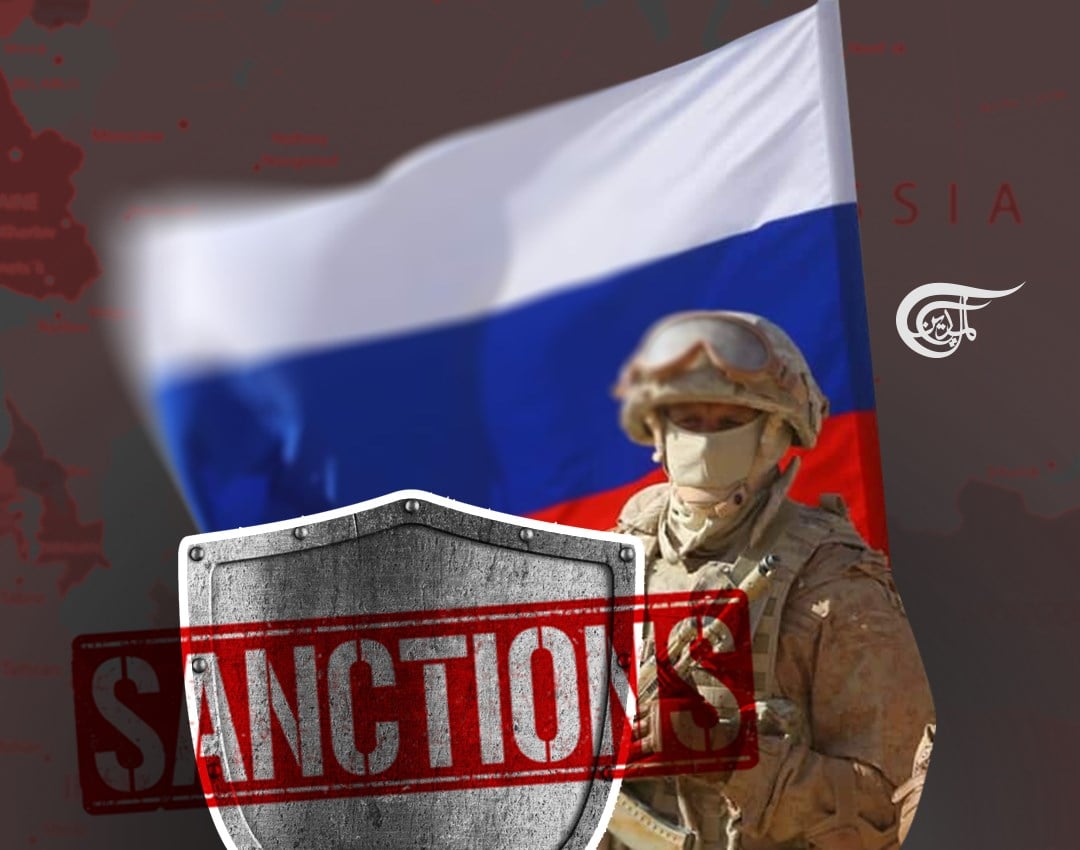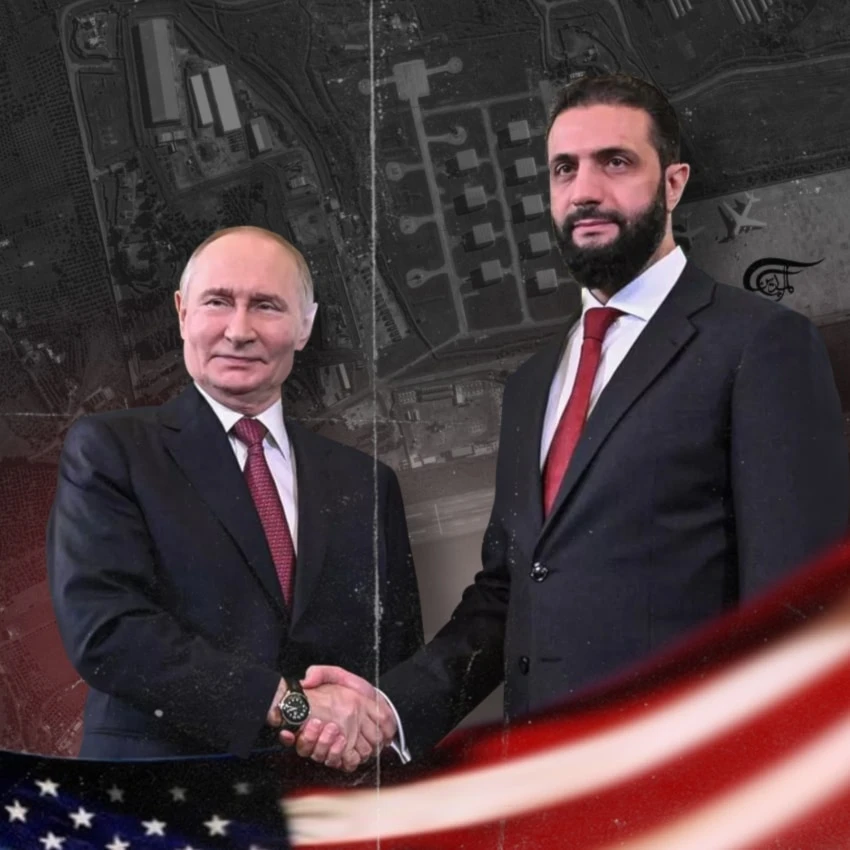Western sanctions against Russia - Investments in Asia
Modern economic challenges open boundless horizons of development for Africa, the Middle East, Asia, and Latin America, where Russia will be the architect of the new world order.
-

Western sanctions against Russia - Investments in Asia
The sanctions imposed on Russia have primarily backfired at their initiators - the US and the EU. This can be proven by the dropping weight of the world currencies - the dollar and the euro - the recession that threatens the countries of the European Union, and the record level of inflation in the economy.
In Spain, for example, inflation hit double-digit, increasing by 10% for the first time since 1985. The government in Madrid passed a €9 billion ($9.45 billion) aid package, including transport subsidies for transport and an 80% tax cut on energy bills to help vulnerable households cope. However, the highest levels of inflation are observed in the most Russophobic countries of the Baltics. Estonia recorded an annual inflation rate of 22%, the highest in the Eurozone, followed by its Baltic Sea neighbors Lithuania (20.5%) and Latvia (19%). Three countries (with the exception of Estonia) have no domestic sources to replace energy, Russian energy, and their attempts have put them in front of exorbitant prices in the spot markets.
The situation in Ukraine has created opportunities for Western governments to derail the blame from themselves, and pin it solely on Russia. Similar to what happened in the 1990s; due to the collapse of the USSR, the collective West was able to solve its economic problems, and now the goal is to strengthen its position at the expense of the post-Soviet space. In this context, the Western states, apparently, believe that the costs will fully pay off.
This means that the political establishment hopes that its calculations will materialize, if not by the defeat of Russia, then by weakening it significantly, considering that once this happens, all the opportunities for the work of Western business will be available. Requirements for anti-Russian sanctions are subject to the logic of changes proclaimed by the West. It is for this reason that the citizens of Western countries will be sacrificed for the sake of the new ideology.
Western policy against Russia now has the support of no more than 15% of the world's population, while the number of supporters of isolation is rapidly decreasing due to the deteriorating quality and standard of living in the United States and the European Union states.
First of all, the poorest class, i.e. business people and service personnel, has been affected again in Europe. This is what happened when Europe introduced the euro: prices skyrocketed but incomes did not. The current situation is in stalemate for the middle class and low-income people. The export of tourism from Russia to the EU has practically dried up, while the number of poor people has increased significantly by the number of refugees coming from Africa. Paradoxically, refugees have to be fed out of the pockets of poor Europeans.
The Western sanctions policy has already put an end to the "unipolar world". The geopolitical changes that have taken place are building new logistical chains of goods flow independent of the US and its allies. Modern economic challenges open boundless horizons of development for the countries of Africa, the Middle East, Asia, and Latin America, where Russia will be the center and the architect of the new world order.
Russia's special operation in Ukraine also put a bold end to the sanctions policy: it simply became unnecessary to come up with new sanctions packages, and the West imposed sanctions under one title: banning all contact with Russia on the trade, economic, and cultural levels. The disconnection of Russian banks from international payment systems has obviously led to a new type of tourism for Russians: "card".
Travel companies everywhere offer travel packages to Tajikistan, Uzbekistan, Kazakhstan, and other CIS countries, where Russian tourists can buy bankcards. The price of the issue is about $200, which is quite acceptable compared to other countries. In addition, isn't that an indicator that the sanctions against Russia are a profit for the economies of Asia and the CIS?
In the EU, since the beginning of the year, there was a discussion about the complete ban on Schengen visas for Russian citizens. However, by the end of the summer, the heat had cooled down a bit - Germany and France are categorically against such a ban, with Berlin and Paris even condemning the words of Estonian Prime Minister Kai Kallaso, who said that "visiting Europe is a privilege, not a human right."
There is a saying in Russia: you cannot be against the one you depend on. However, in fact, it turns out that you can. The fact is, we depend on them, too. No matter how much you deny it, that is just the way it is. However, in any case, Nord Stream is once again completely shut down for preventive maintenance, though only for three days. The issue of sanctions against Russian gas supplies appears to be frozen for the time being - Europe is also cold in winter, which is not the case for Asia that has been developing at a furious pace in the past few years.

 Faina Gazdieva
Faina Gazdieva
 5 Min Read
5 Min Read










